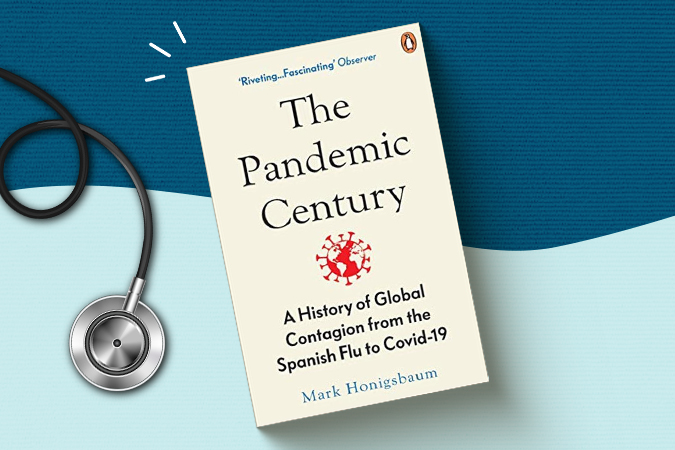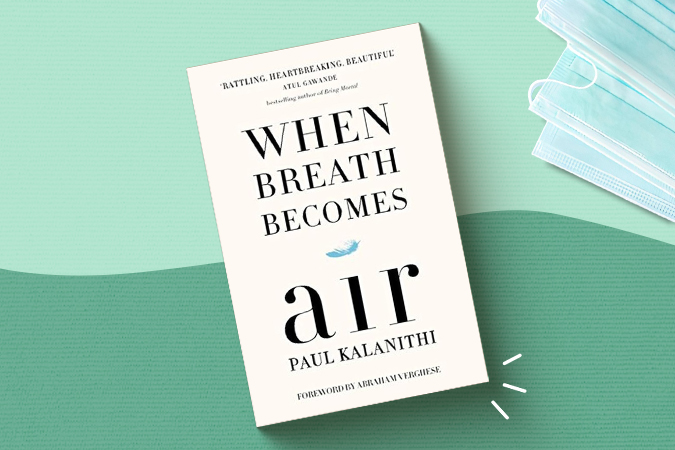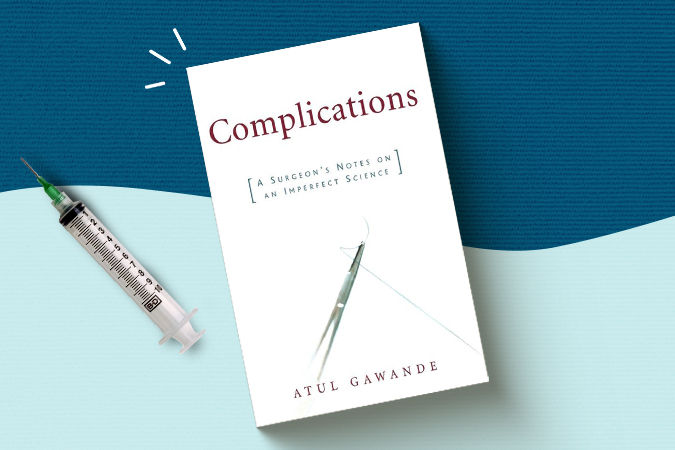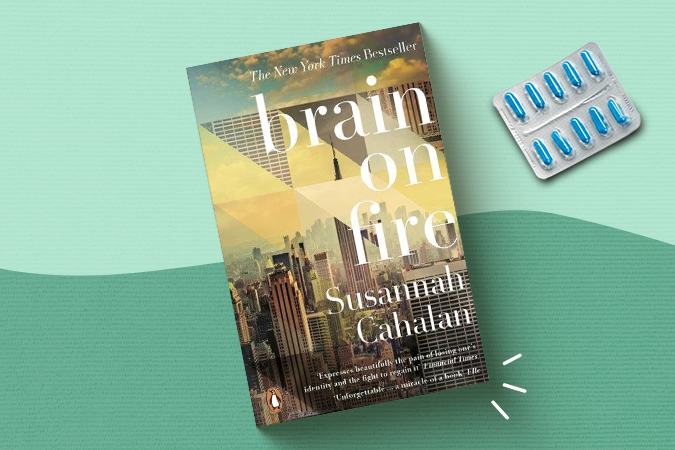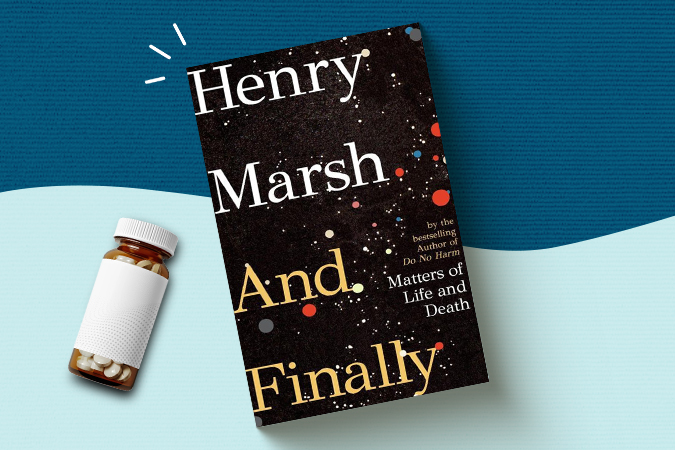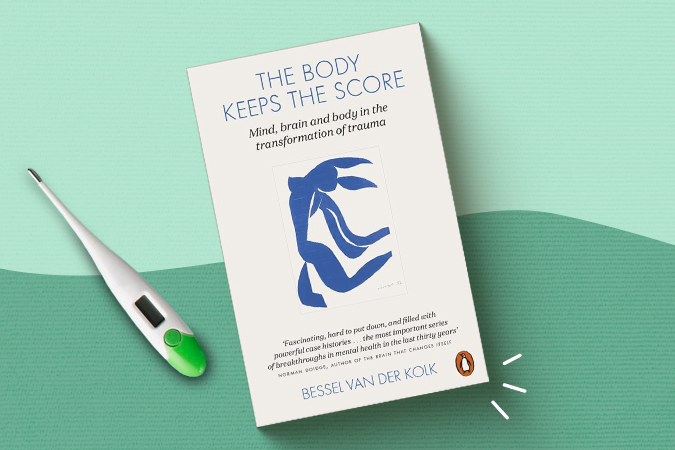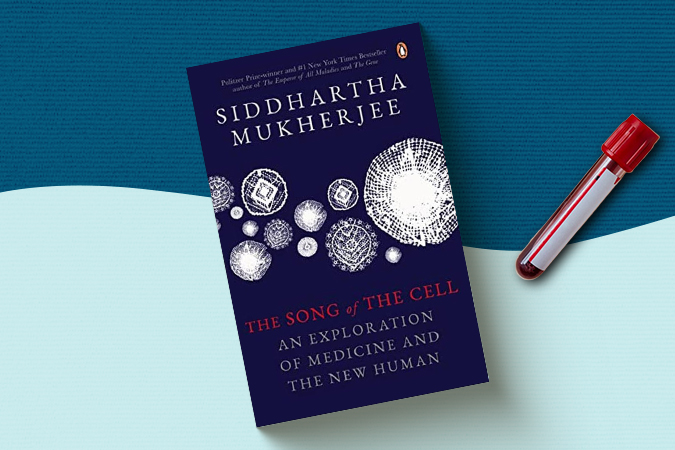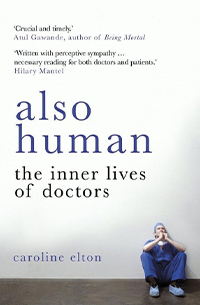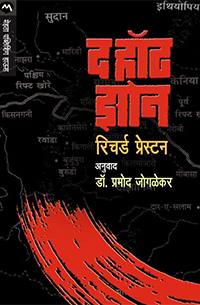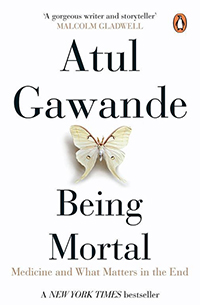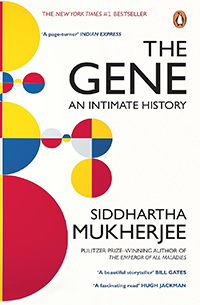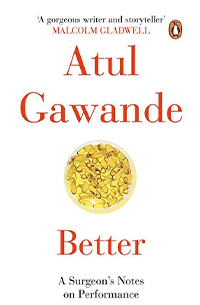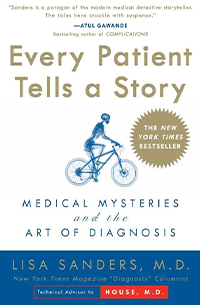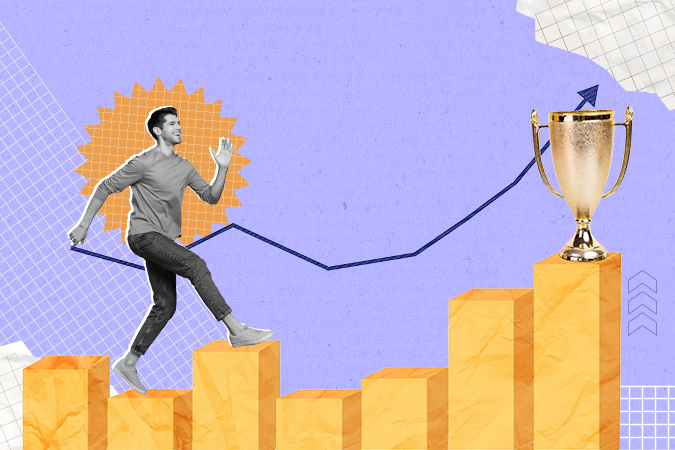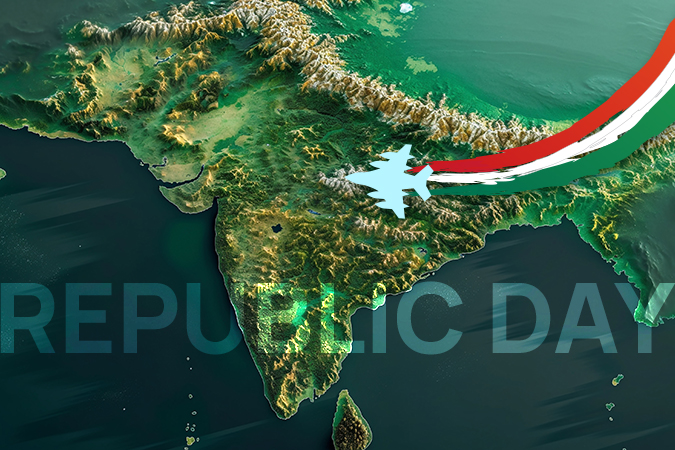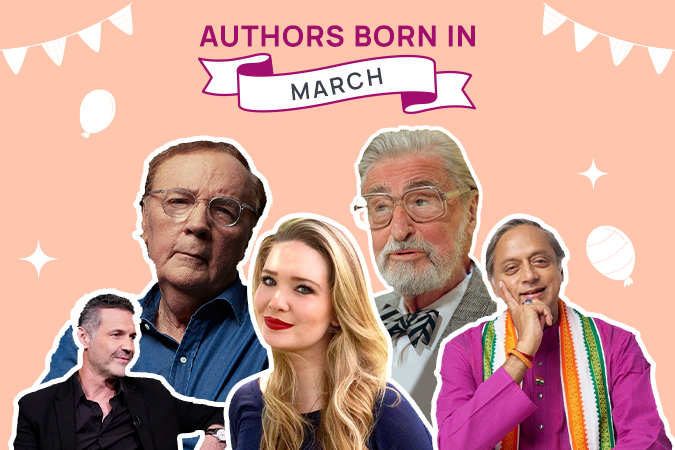
Celebrate National Doctors’ Day with Top Medical Non-Fiction Bestsellers
National Doctors’ Day in India, celebrated on July 1, is the perfect occasion to appreciate the incredible work of medical professionals. What better way to honour their dedication than by diving our curated list of best medical non-fiction books?
This genre, distinct from general non-fiction, offers a unique blend of personal narratives, scientific discoveries, and medical mysteries that captivate both the mind and the heart.
Whether you’re a medical student, a healthcare professional, or simply a curious reader fascinated by the intricate workings of the human body or the personal stories of those in the medical profession, medical non-fiction offers something for everyone. It’s a genre that educates, inspires, and entertains, providing a deeper appreciation for the world of medicine.
5 reasons why you must read medical non-fiction:
Intriguing Stories: These books often tell real-life tales of doctors, patients, and medical breakthroughs, making for an engaging read.
Educational: Learn about diseases, medical procedures, and the history of medicine in an accessible format.
Inspiration: The resilience and dedication of medical professionals and those who brave the diagnosis and treatments are truly inspiring.
Perspective: Gain a deeper understanding of the human condition and the complexities of healthcare.
Gift-worthy: They make perfect gifts for doctors or students pursuing medical careers.
Top 7 Medical Non-Fiction Books to Add to Your Reading List
Honigsbaum’s book offers a riveting exploration of the most significant pandemics over the past hundred years. From the devastating Spanish flu of 1918 to the recent COVID-19 crisis, Honigsbaum combines historical accounts, scientific insights, and medical sociology to provide a comprehensive understanding of how pandemics have repeatedly shaped and challenged human societies. This book not only chronicles the medical advancements made in response to these crises but also highlights the ongoing vulnerabilities and the complex interplay between science and public health.
Paul Kalanithi’s poignant memoir reflects on his life as a neurosurgeon who faces his mortality after being diagnosed with terminal lung cancer at 36. The book chronicles his journey from a medical student to a neurosurgeon, and ultimately, a patient confronting the end of his life. Kalanithi eloquently explores profound questions about the meaning of life, the relationship between doctor and patient, and the essence of human existence. His narrative is both a tribute to the resilience of the human spirit and a meditation on living and dying.
By Atul Gawande
In this book, Gawande presents a compelling collection of essays that delve into the imperfections and uncertainties of modern medicine. Through vivid case studies and personal anecdotes, Gawande examines the intricacies of surgical practice, the fallibility of doctors, and the ethical dilemmas they face. He provides an unflinching look at the reality of medical practice, where ambiguity and high stakes are the norms. Gawande’s writing is both informative and humane, offering readers a deeper appreciation for the challenges and complexities inherent in the medical field.
Cahalan’s gripping memoir recounts her battle with a rare autoimmune disease that caused severe inflammation in her brain. This sudden and mysterious illness led to a rapid descent into psychosis, seizures, and near-total memory loss. Cahalan’s narrative is a powerful account of her struggle for diagnosis and treatment, shedding light on the complexities of neurological disorders. The book is a testament to the resilience of the human spirit and the critical importance of innovative medical research and accurate diagnosis.
And Finally
By Henry Marsh
Marsh’s book is an introspective and candid memoir from the renowned neurosurgeon as he transitions from doctor to patient following a diagnosis of advanced cancer. Marsh reflects on his career, his encounters with illness, and his experiences facing his mortality. The book explores the emotional and psychological aspects of dealing with a life-threatening illness, offering a poignant and deeply personal perspective on life and death. Marsh’s narrative is both a meditation on the human condition and a tribute to the enduring spirit of medical professionals.
This book is a groundbreaking work that examines how trauma affects the brain and body. Drawing on decades of research and clinical practice, van der Kolk explores innovative treatments that go beyond traditional talk therapy and medication. He discusses the impact of trauma on mental and physical health and introduces therapeutic approaches such as neurofeedback, mindfulness, and bodywork. The book is an inspiring exploration of human resilience and the potential for healing from traumatic experiences.
Mukherjee takes readers on a journey through the discovery and understanding of cells, the fundamental units of life. The Pulitzer Prize-winner combines historical narratives with cutting-edge science to illustrate how cellular biology has revolutionised medicine. From the early observations of cells to the latest advancements in cellular therapies, the book highlights the profound impact of cellular research on understanding diseases and developing new treatments. Mukherjee’s engaging writing makes complex scientific concepts accessible and fascinating, providing a panoramic view of the cellular basis of life.
These books are not only enlightening reads but also make thoughtful gifts for doctors and medical students. Show your appreciation on National Doctors’ Day with a gift that acknowledges their dedication and passion for medicine.
So, this National Doctors’ Day, why not pick up one of these captivating books and dive into the world of medical non-fiction?

